Influencer culture has officially taken over the world. Whether you open Facebook, TikTok, Instagram, YouTube, etc., your feed will be full of influencer posts. Almost all the top social media influencers can connect with their audience on a personal level and keep them engaged for a longer period. This has earned them a greater influence on peoples’ buying decisions and views on specific topics, and the results are disastrous.
Let’s explore the top ways social media influencers negatively affect people and society.
Setting Unrealistic Body Images
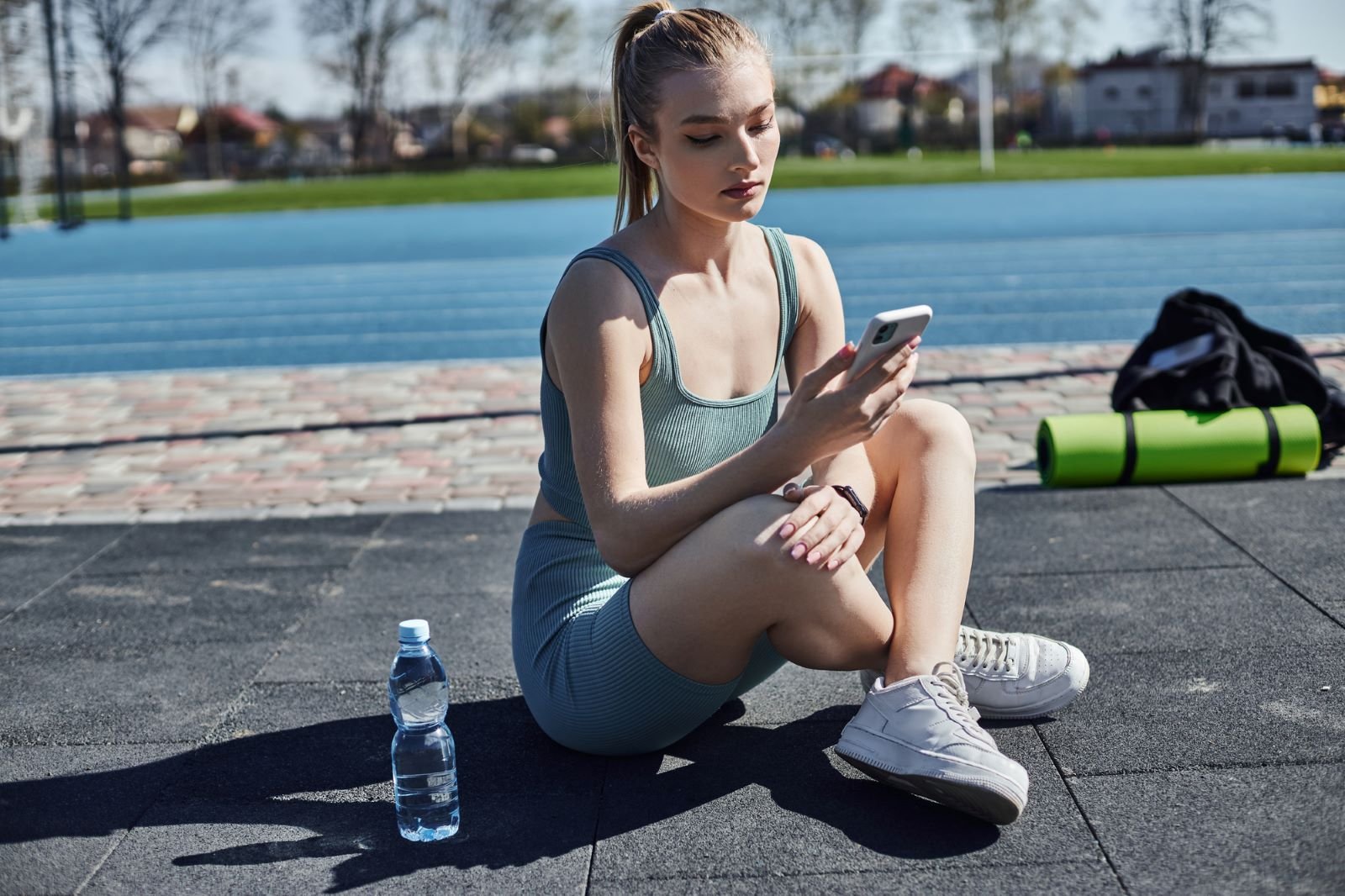
Everyone wants to look good and have a fit body, but social media influencers are blurring the line between realistic and fanatical body standards. They can easily make people believe that they’re not ‘perfect.’ From promoting hourglass bodies to spotless skin, there are endless ways in which social media influencers peddle unrealistic body images. Numerous teenagers accepted how social media influencers made them feel bad about their appearance, lowering their body confidence and self-esteem.
Encouraging Materialism
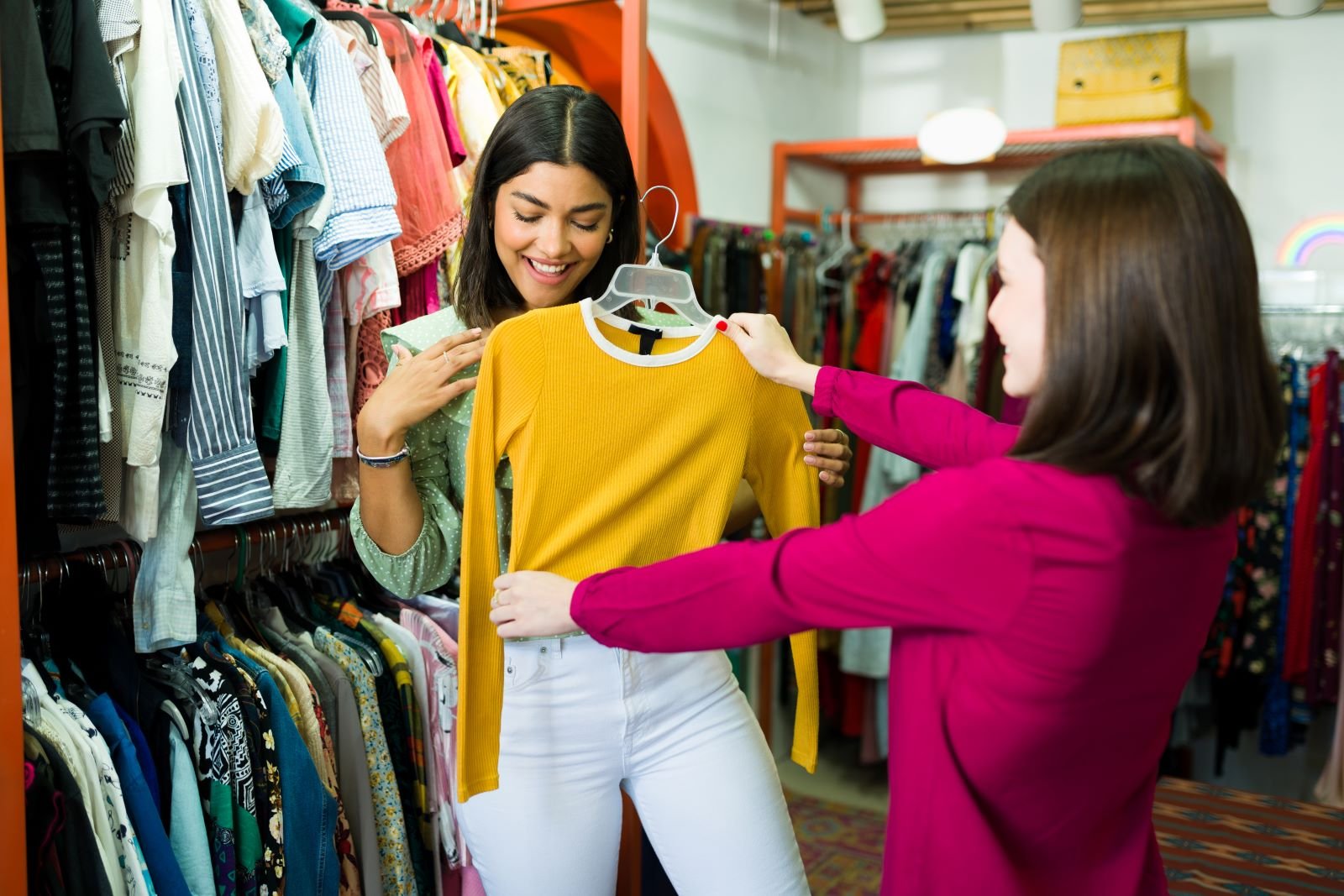
There’s nothing wrong with having healthy desires around money, lifestyle, wealth, etc., but things can take an ugly turn if one becomes overly materialistic. Unfortunately, several social media influencers promote this. A recently conducted study highlighted how social media usage can trigger and increase materialistic values in viewers through influencer marketing. This will eventually create more unhappy people who are unsatisfied with their lives.
Perpetual Harmful Stereotypes

Social media influencers often create skits that knowingly or unknowingly promote harmful stereotypes about different races, ethnicities, genders, professions, etc. One such popular and widely common is the ‘forever foreigner’ stereotype. Pew Research Center surveyed Asian Americans in 2023 and found that nearly 1/3rd of Asian Americans have been asked to go back to their country by random strangers. If social media influencers continue spreading such stereotypes, they will fuel instances of bullying, hatred, and perpetual discrimination.
Misleading Advertisements
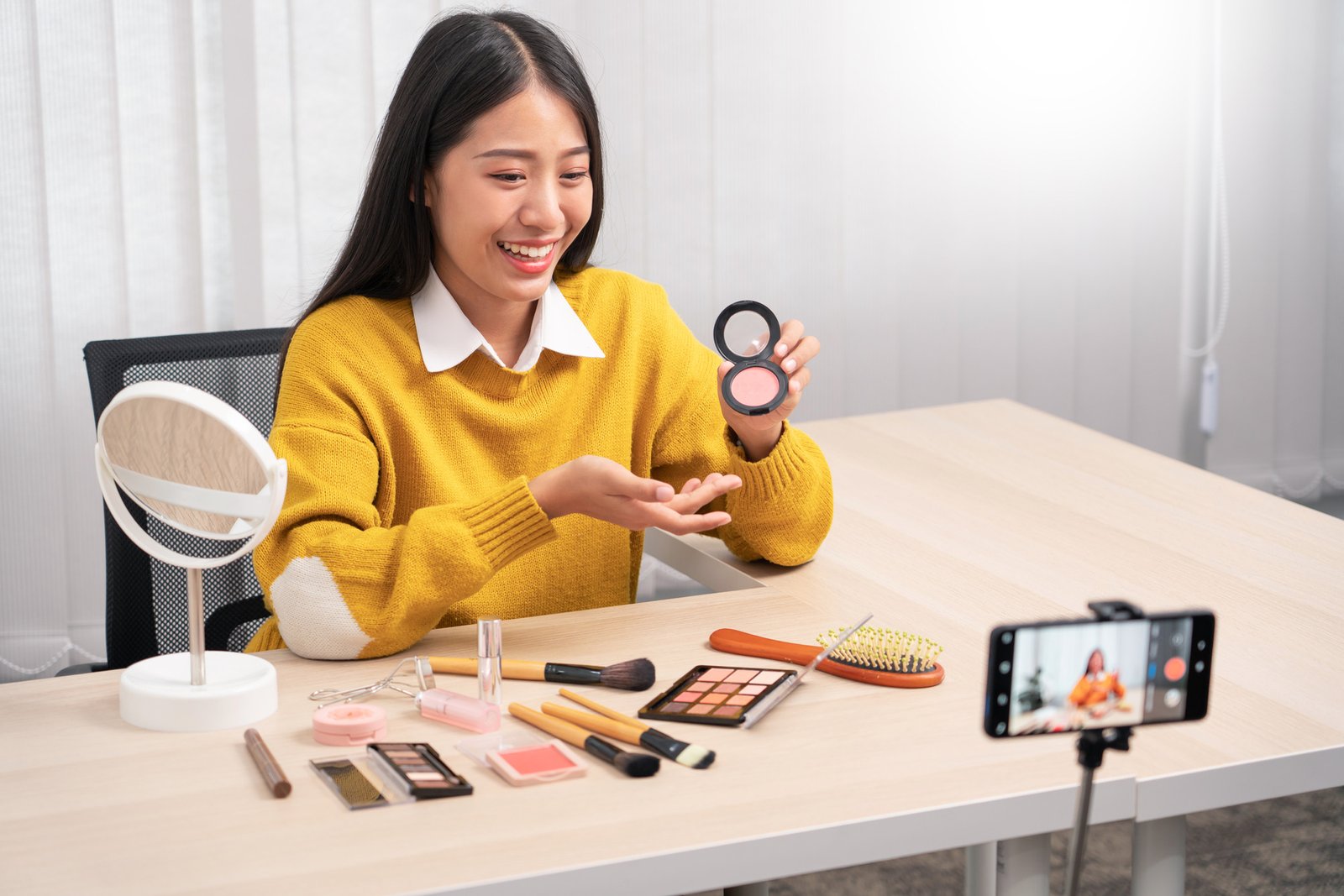
Brands and marketing agencies often pay social media influencers to promote certain products/services without any disclosure. ACCC believes that approximately 81% of influencer posts may be misleading. Such posts mislead viewers into believing that influencers genuinely use the product, tempting them to purchase the same. It is a classic case of misleading advertisement that undermines trust and exploits consumers.
Privacy Concerns

The world of social media influencing isn’t all glitz and glamor. Influencers with even a decent followers base online experience gross privacy violations. From cyberstalking to unsolicited remarks, hate and harassment comes to influencers in numerous forms. A recent case drew much attention, in which a stranger stalked a famous TikTok influencer for months. A stranger tracked her location, harassed her friends and family, and even threatened to kill her. Such instances can easily affect any individual’s physical, mental, and emotional well-being.
Mental Health Crisis

Tech giants launched social media platforms to help people stay connected. However, the rise of influencers and the constant promotion of unrealistic life views worsened things. Experts are already warning people how social media is creating a mental health crisis in youth. The warning reveals social media platforms are linked with a 9% increase in depression and a 12% over-baseline increase in anxiety among college-aged students.
Distorted Reality
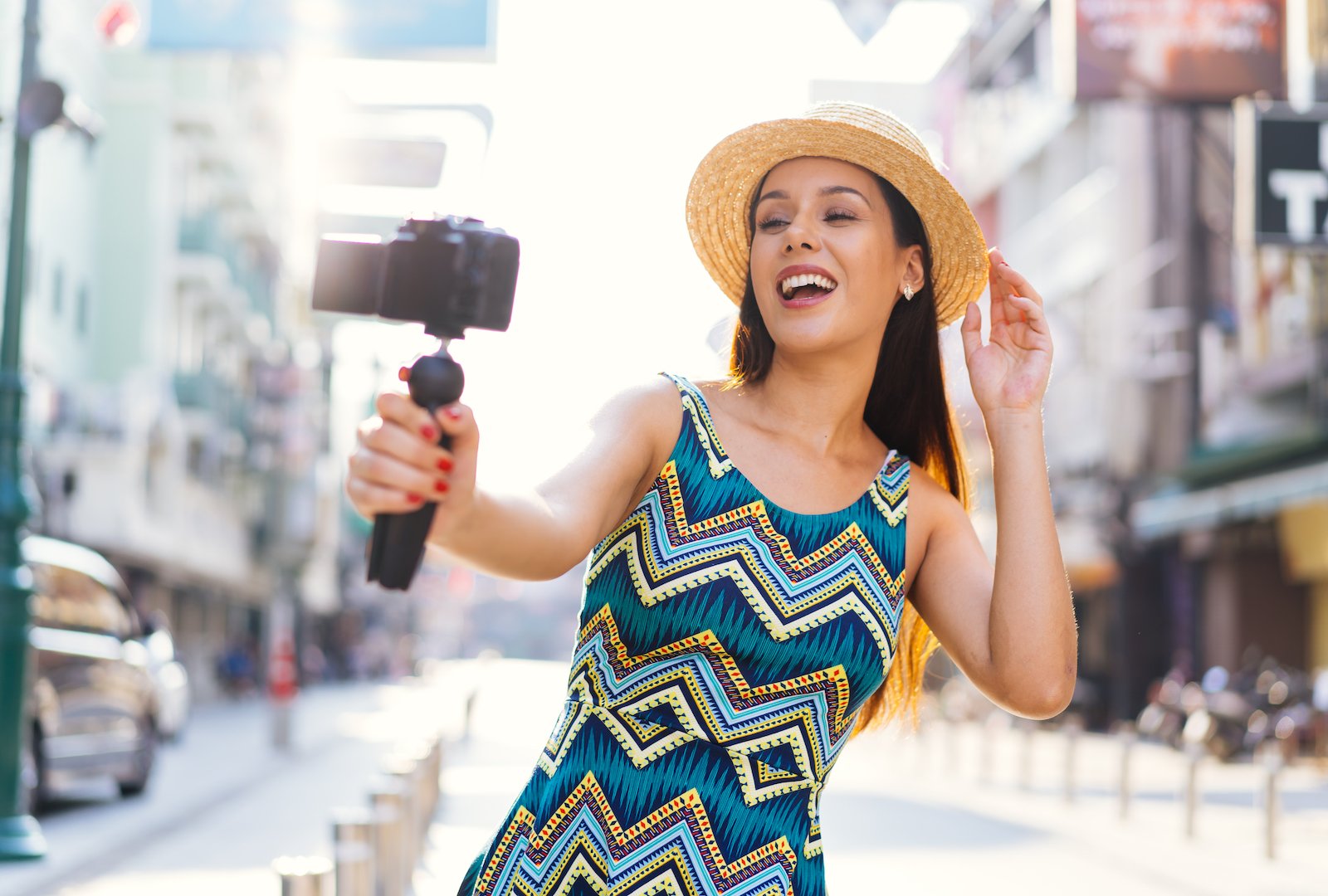
Influencers’ feeds always look perfect. They seem to have the perfect job, body, spouse, house, kids, etc. While their lives may look flawless from the outside, few know they only show an idealized version themselves. Reports confirm that most of the content online is bald-faced lies and designed for targeted manipulation. People continuing to accept their version of distorted reality will only develop greater feelings of inadequacy and unhappiness.
Affecting Self-Esteem

Constant exposure to carefully curated influencer content can develop feelings of heightened inadequacy and low self-esteem among viewers. People may begin comparing their lives unfavorably to influencers, creating severe body image issues, reduced self-esteem, and increased feelings of depression and isolation. People who reduce their social media consumption by even 50% for a few weeks can start seeing an improvement in how they view themselves and their appearance.
Decreased Productivity
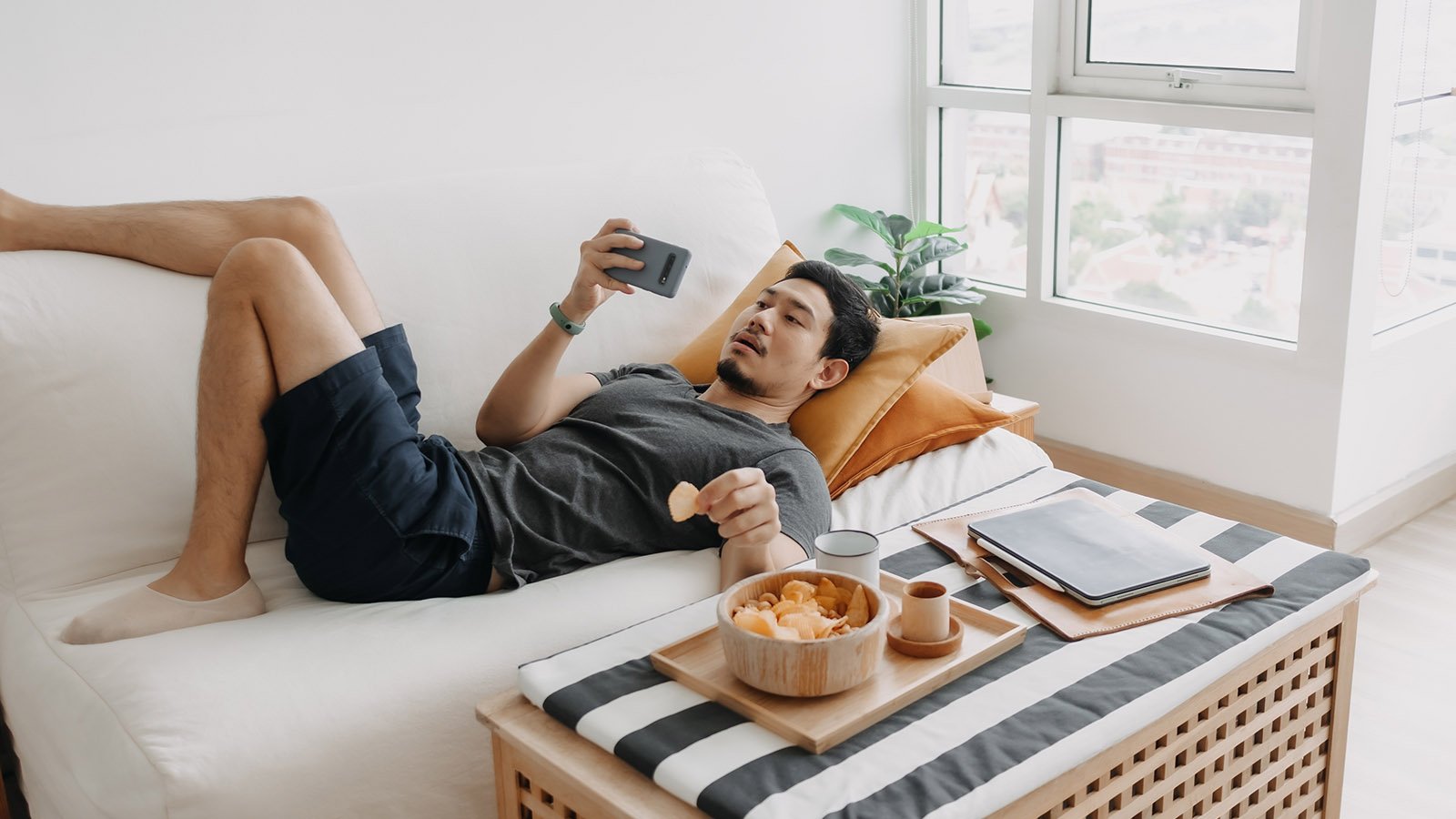
Social media influencers create content using the right blend of compelling storytelling and the psychology of persuasion. The result is highly addictive content that keeps you hooked for hours. An average American spends approximately 2 hours and 7 minutes daily on social media. It’s a lot of time that could have otherwise been used for productive activities like practicing one’s favorite hobby, mindfulness practices, meeting a friend, or finishing an assignment way before the deadline. When people overstimulate their brains with influencer content, they will experience diminished productivity.
Cyberbullying
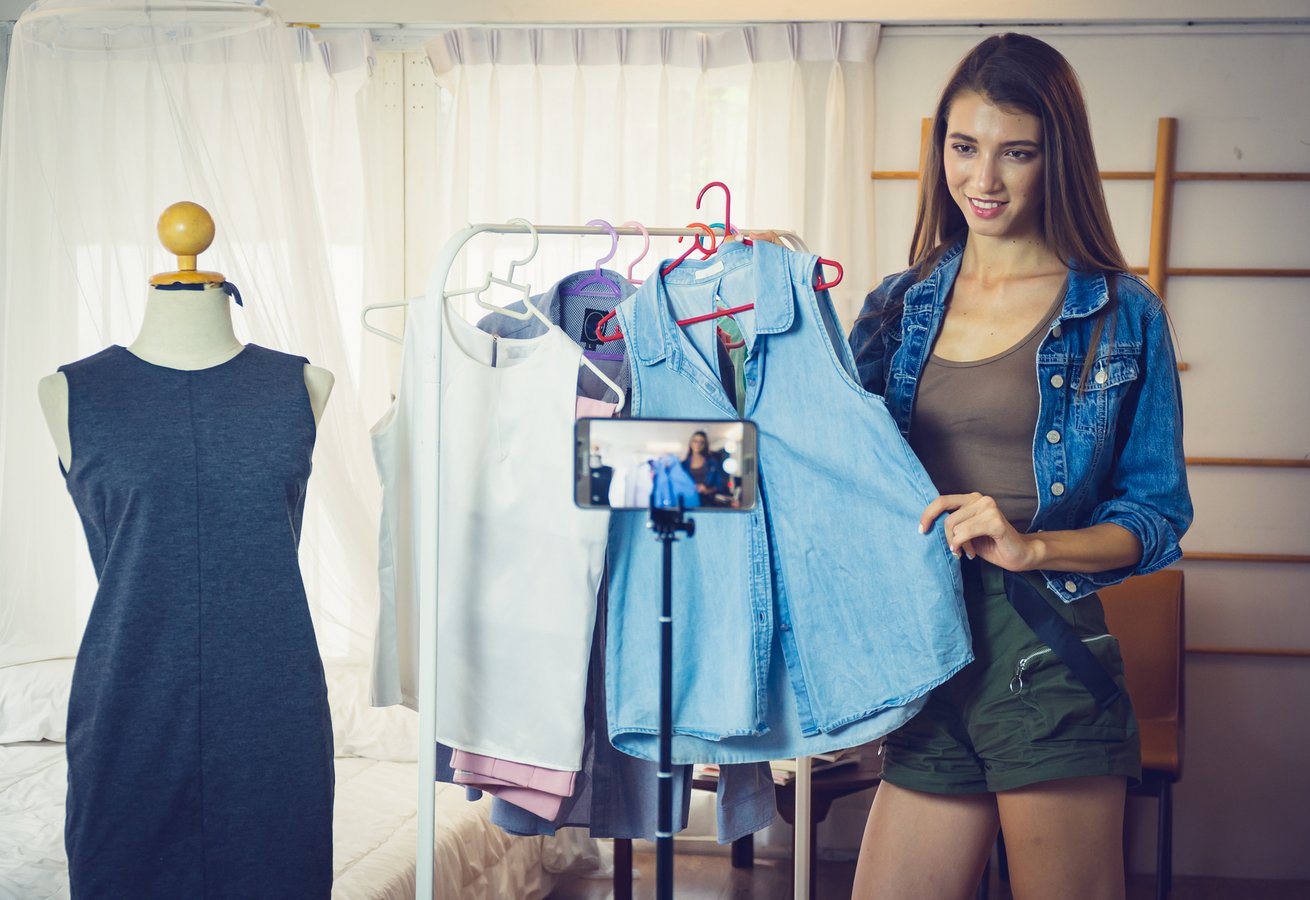
When social media influencers start dictating beauty standards, it creates challenges for people who don’t fit into their bracket. Teens in the United States have already started witnessing its impact. A 2022 survey reveals that nearly half of American teens have been harassed or bullied online, commonly because of their appearance. This makes it challenging for them to freely express their voices online, making them feel uncomfortable.
Promoting Harmful Behaviors
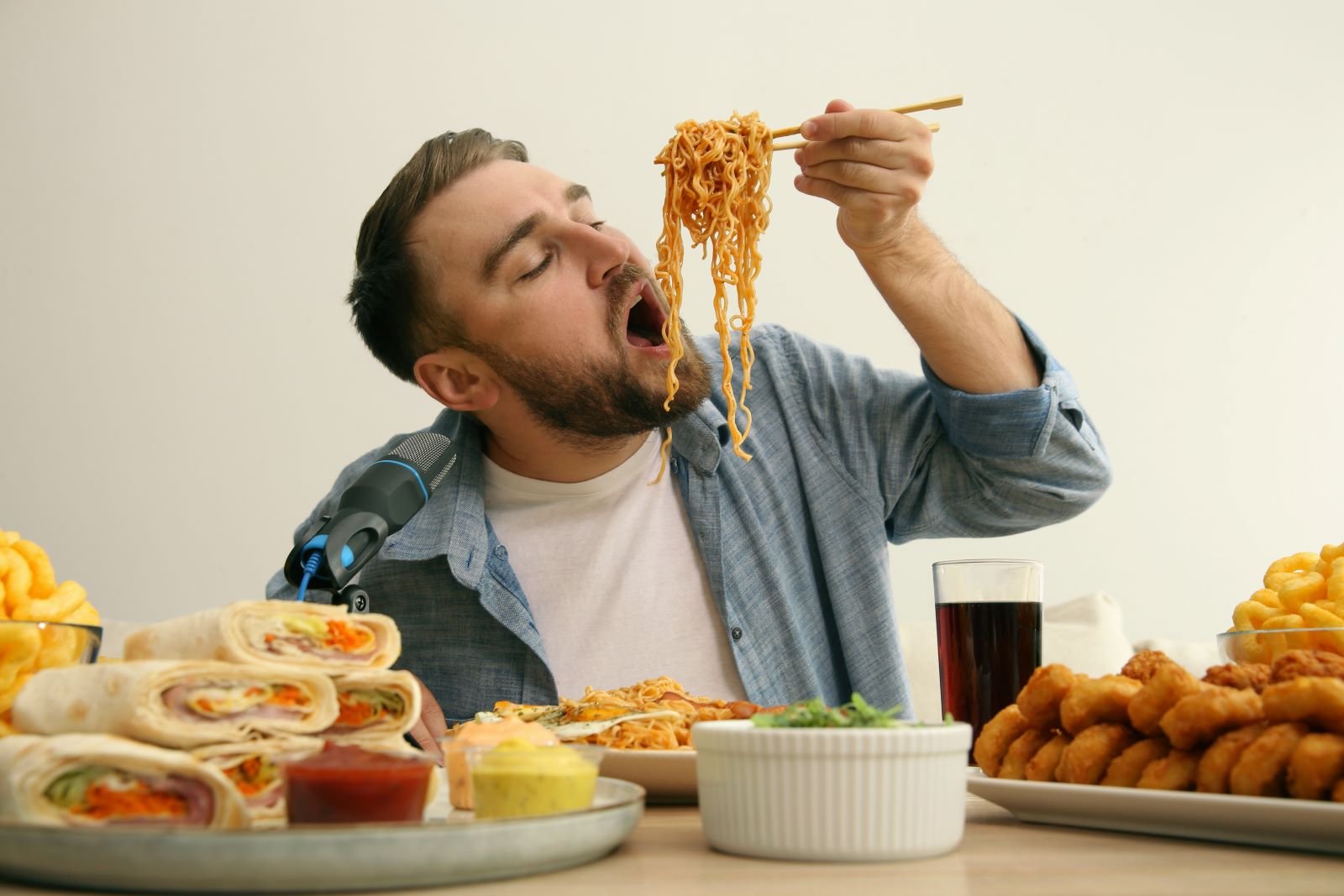
Some influencers promote harmful behavior through their content that can put their viewers’ lives at risk. Such behaviors can range from performing risky stunts to disordered eating and substance abuse to self-diagnosis and medication. Young viewers are likelier to emulate such behavior that could potentially disrupt their physical and psychological well-being. TikTok has already started cracking down on influencers that promote potentially harmful weight loss-related behaviors, like encouraging the use of Ozempic, Wegovy, etc., to protect people.
Eroding Trust

The rise of influencers has changed the way people find products online. Previously, people only learned about new brands and their offerings through traditional TV advertising, but now they turn to niche-specific influencers. Almost 28% of consumers have found new brands through influencers, and 14% of consumers turn to them for framing their purchase decisions. While people trust influencers to make purchase decisions, few know that influencers often release sponsored product reviews without disclosing them to their audience. It creates mistrust among the audience and exploits them financially.


